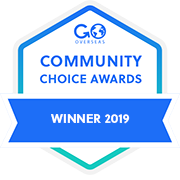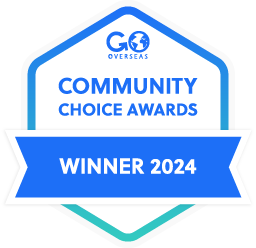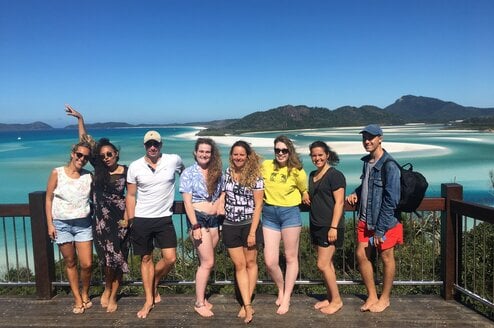Why did you choose this program?
I chose this program because I’ve always felt a strong connection to South Africa. I visited with my family when I was younger, and those memories have really stuck with me. When I started looking at gap year options, I didn’t have a specific destination or program in mind, but South Africa kept drawing me back. The Game Ranger Course with Gapforce felt like a perfect fit, combining my interest in conservation with my love for the country.
This course is run with an ideal mix of hands-on conservation work and a wide range of topics that matched my interests while expanding my knowledge of the native ecosystems and wildlife. I loved that it combined classroom learning with practical guiding experience in the reserve. Successfully completing the course gives you level 1 field guiding qualification, the course also offers so much for anyone wanting to understand more about game reserves and their role in conservation efforts across South Africa.
What did your program provider (or university) assist you with, and what did you have to organize on your own?
Gapforce was really helpful in making sure I had everything I needed before leaving. This was the furthest I’d ever traveled on my own, so their guidance was invaluable. They helped me figure out the best flights to Port Elizabeth and coordinated with the game reserve to have an airport pick-up waiting for me, which made the arrival much smoother.
I did need to handle booking the flights and arranging my travel insurance on my own, but the Gapforce team gave me great tips for travel routes. It was also reassuring to know I could reach out to them if anything unexpected happened along the way to the reserve.
What is one piece of advice you'd give to someone going on your program?
My biggest piece of advice for anyone going on the course, is to start doing the workbooks and theoretical learning early. The material that is covered in the course is not hard, but there's a lot to cover- from naming bird species, to rock types to animal behaviours. It is all incredibly interesting, so don't let that put you off! The 8 weeks fly by, but I did find that there was enough time to do a bit of extra work in the evenings, as well as socialise with others, and enjoy my weekends off the reserve.
Also, even during the summer months, the nights can be colder than you'd expect, so pack some extra layers the wear for night safaris!
What does an average day/week look like as a participant of this program?
On weekdays, ‘ranger students’ typically have two sessions a day. One is usually classroom-based, covering theory, while the other is a practical game drive on the reserve. This schedule can vary a bit depending on the weather or if there are guests at the reserve, in which case we might join their safari to observe guest interactions.
In the evenings, we’d relax with the other volunteers. Everyone eats together, and there’s access to a pool and games room in our downtime. On the weekends, we could head off-reserve, into Port Elizabeth or Jeffrey's Bay for some fun activities like skydiving or horse riding. Occasionally, students would stay on the reserve over the weekend to get extra practice for upcoming exams.
Going into your experience abroad, what was your biggest fear, and how did you overcome it? How did your views on the issue change?
My biggest fear, before heading to the reserve, was that I would be completely alone for the whole 8 weeks! This was not at all the case- there were 6 people in total on the course with me. The students on the ranger course live with volunteers participating on a wildlife conservation programme, and so there is always plenty of people to meet and chat to!
There are fewer students on the course than volunteers, however in the end I found the smaller group to be ideal. The smaller group meant that everyone got plenty of practice time and we could really get into the theory together.
After completing the Game Ranger Course, were you able to use the qualification in your career?
The FGASA qualification is specific to southern Africa and focussed mainly on the wildlife found there, however it is an internationally recognised qualification, and so can be used globally within the scope of wildlife conservation and of course, guiding. Whilst studying there, I built a relationship with the reserve and after passing my exams, they were able to offer me an internship position out there to gain more guiding experience. I loved that the reserve were able to facilitate the next step for me, and offer a fantastic opportunity to work in the role I had study for.








































